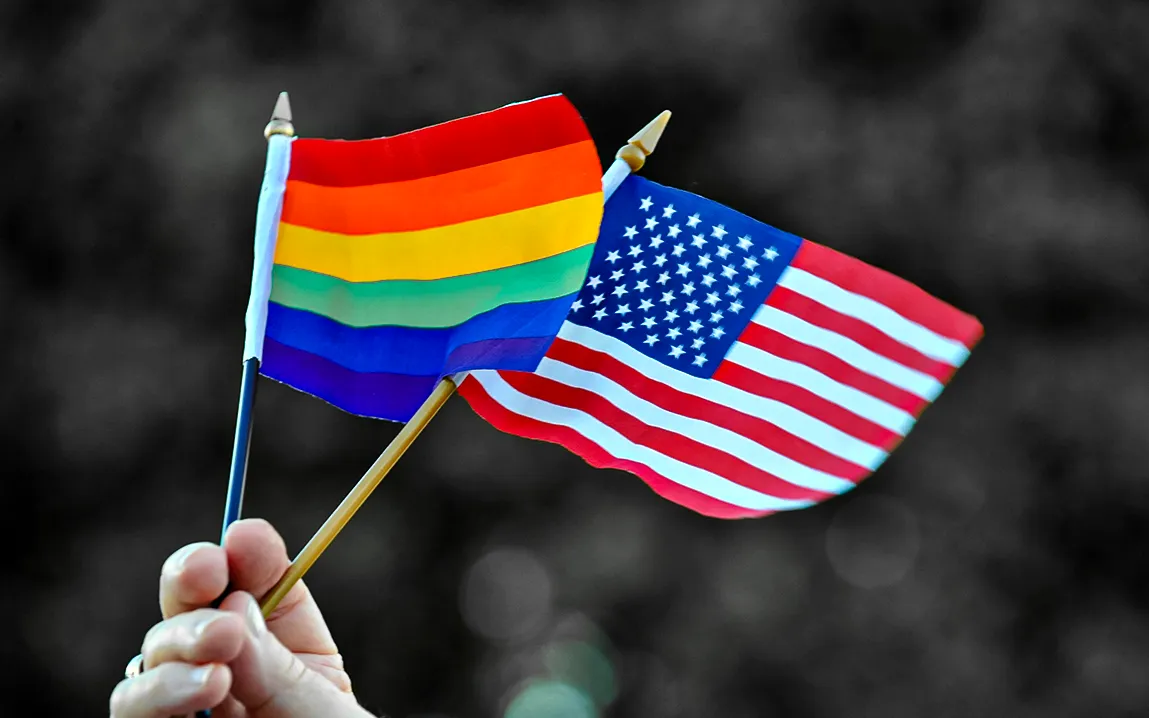A Growing Concern for LGBTQ+ Travelers
If you’re part of the LGBTQ+ community and planning a trip to the United States, it might be time to pause and do a little more research. Over the past year, there’s been a noticeable rise in laws and policies across several U.S. states that target LGBTQ+ rights, sparking concern both at home and abroad.
Countries like Canada, Germany, the Netherlands, and the United Kingdom have taken a bold step by officially warning their citizens about potential risks when visiting the U.S., especially for LGBTQ+ individuals.
These warnings come in response to rising discrimination and new laws issued on January 20, 2025, that could affect the safety and rights of LGBTQ+ visitors. While they don’t list specific states, these countries are urging their citizens to research local laws and be aware of the social climate before traveling.
Laws Raising Red Flags
The warnings come in response to a wave of legislation passed in some U.S. states that restricts the rights of LGBTQ+ people, particularly transgender individuals. This includes limits on gender-affirming care, restrictions on how people identify themselves in public documents and even bans on drag performances in public spaces.
In fact, one of the country’s most vocal LGBTQ+ activist groups, the Human Rights Campaign, has made the unprecedented declaration of a “state of emergency” for LGBTQ+ individuals resident in or visiting the nation.
One of the issues is the recent revision to the U.S. Electronic System for Travel Authorization (ESTA), which presently only provides “male” or “female” as gender selections, omitting non-binary and gender-diverse travelers.
What This Means for Travelers
For LGBTQ+ tourists, the U.S. may no longer feel like a guaranteed safe destination. Travel experts and human rights advocates are encouraging people to do their homework before booking flights, not just about tourist attractions but about the local laws and attitudes of the places they plan to visit.
While many parts of the U.S. continue to be welcoming and inclusive, these new advisories highlight a stark truth: being safe while traveling isn’t just about packing sunscreen, it’s about knowing your rights, too.



